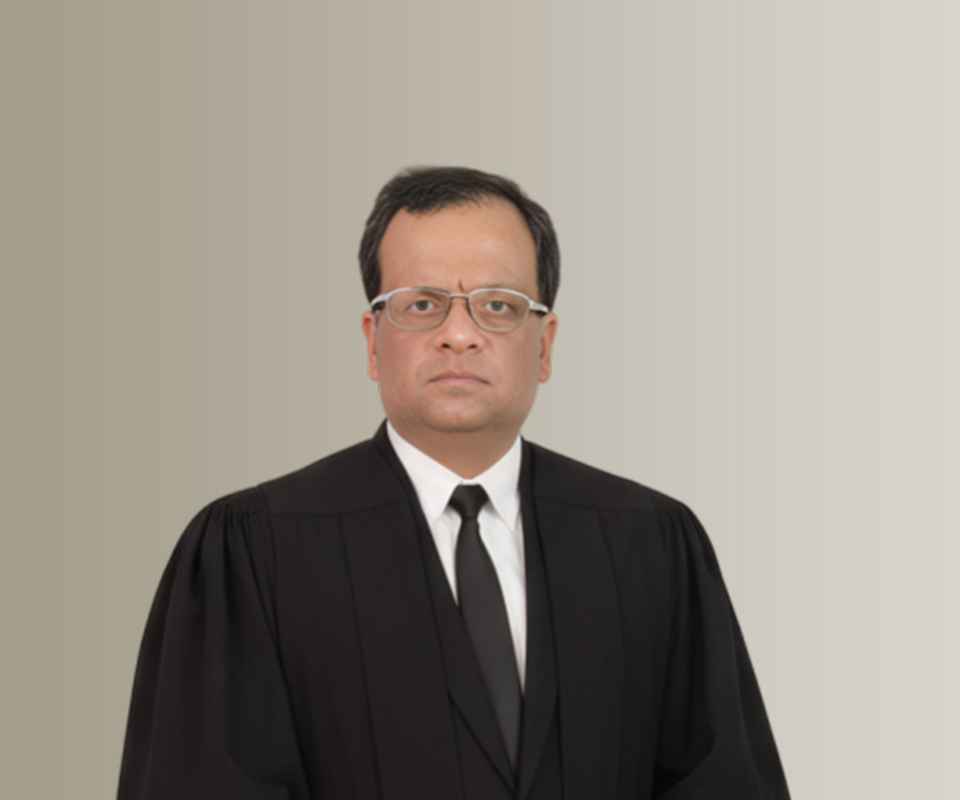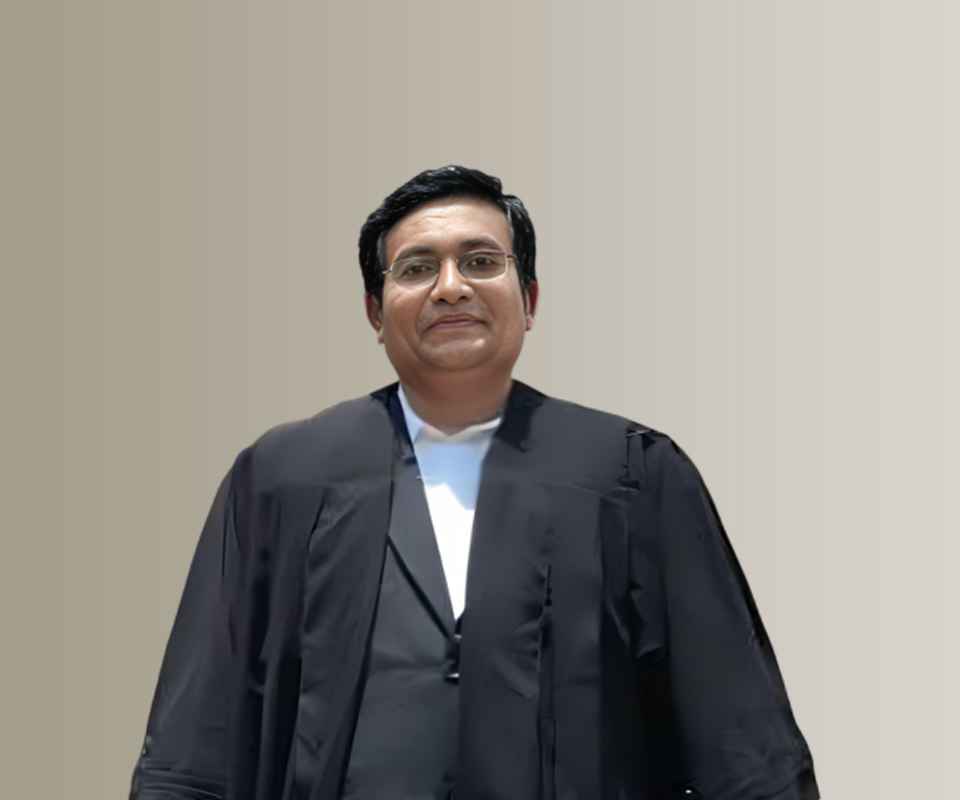Answer By law4u team
Bharatiya Nagarik Suraksha Sanhita, 2023 - Section 429: Order of High Court on appeal to be certified to lower Court
(1) Whenever a case is decided on appeal by the High Court under this Chapter, it shall certify its judgment or order to the Court by which the finding, sentence or order appealed against was recorded or passed.
- If such Court is that of a Judicial Magistrate other than the Chief Judicial Magistrate, the High Court's judgment or order shall be sent through the Chief Judicial Magistrate.
- If such Court is that of an Executive Magistrate, the High Court's judgment or order shall be sent through the District Magistrate.
(2) The Court to which the High Court certifies its judgment or order shall thereupon make such orders as are conformable to the judgment or order of the High Court; and if necessary, the record shall be amended in accordance therewith.
Brefe Detail
Section 429 of the Bharatiya Nagarik Suraksha Sanhita, 2023, outlines the procedure for certifying judgments or orders made by the High Court in appeals. It specifies that the High Court must send its decision to the original Court that rendered the finding or order. If the original Court is a Judicial Magistrate (not the Chief Judicial Magistrate), the certification goes through the Chief Judicial Magistrate. If the original Court is an Executive Magistrate, the District Magistrate will be involved. The receiving Court must then make orders that comply with the High Court’s judgment and amend records as needed.
Question & Answers
What does Section 429 of the Bharatiya Nagarik Suraksha Sanhita, 2023 state about High Court decisions?
It states that when the High Court decides a case on appeal, it must certify its judgment or order to the original Court that made the finding or order.
How is the High Court's judgment sent to a Judicial Magistrate?
If the original Court is a Judicial Magistrate other than the Chief Judicial Magistrate, the judgment is sent through the Chief Judicial Magistrate.
What if the original Court is an Executive Magistrate?
If the original Court is an Executive Magistrate, the judgment is sent through the District Magistrate.
What must the receiving Court do upon receiving the High Court's judgment?
The receiving Court must make orders that conform to the High Court’s judgment and amend the record as necessary.
Example
- If a case is appealed to the High Court and the judgment is in favor of the appellant, the High Court will certify this decision to the original Court, ensuring that any necessary amendments are made to the record.
- For a case decided by a Judicial Magistrate, the High Court's order will be routed through the Chief Judicial Magistrate for certification.
Summary
Section 429 mandates that the High Court certifies its judgments or orders on appeals to the original Court that issued the finding or sentence. The process involves routing through the appropriate magistrates depending on the nature of the original Court, with the receiving Court required to align its orders with the High Court's ruling and update records accordingly.







